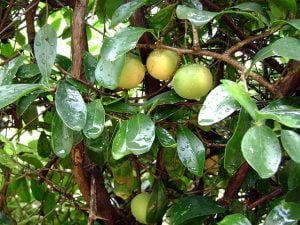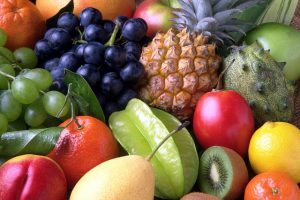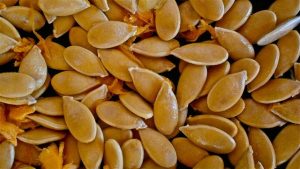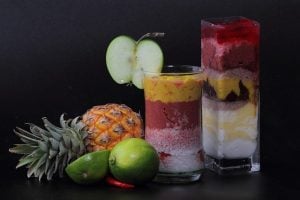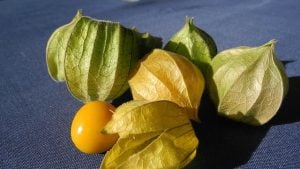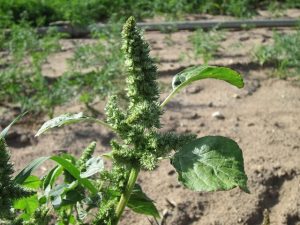Watermelons are a popular fruit, especially when the weather is hot. Most people do enjoy watermelons, and it’s hard to miss it in any Kenyan function. Its size is to blame – a couple of huge watermelons are just the ideal fruit for large gatherings, that is, economically.
But besides that, a common sight you rarely miss when people are enjoying this watery fruit is the peculiar habit of removing its seeds. Be it be kids or adults, it’s always the assumption that watermelon seeds are either not edible or are downright dangerous to swallow.
However, this always presents a major problem seeing the watermelon is literally packed with hundreds of seeds, and to make matters worse, they’re quite small in size.
Consequently, it’s hard to enjoy the watermelon if one get too preoccupied with removing every last seed from its flesh.
Well, there’s absolutely no need for all that. Watermelon seeds are perfectly safe to eat and more than that are very healthy.
Watermelon seeds are nutrient rich and considering the whole fruit is approx. 90% water, you certainly don’t want to be missing out on what the seeds have to offer.
Nutritional Benefits of Watermelon Seeds
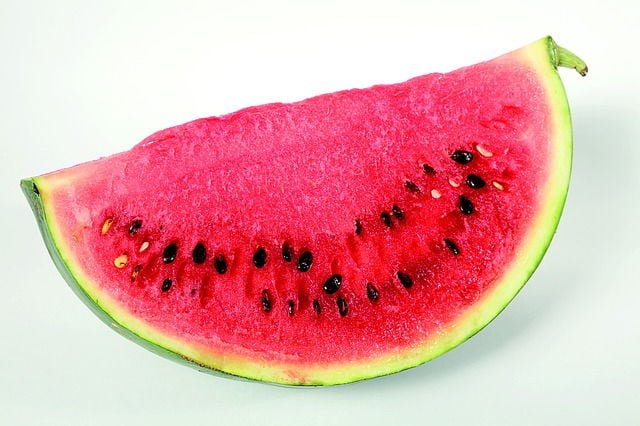
1. Rich Source of Protein
From just one cup of dried watermelon seeds, you get 30.6g of protein. That’s the recommended daily allowance (RDA) of protein for a person weighing around 38Kgs. That’s quite rich considering the fact you get protein from different foods in a day.
This protein contains different amino acids which your body needs. One in particular is arginine, an essential amino acid, which has been shown to reduce the risk of cardiovascular diseases.
2. Rich Source of Vitamins & Minerals
Watermelon seeds are particularly rich in magnesium. Magnesium is an important mineral that helps our bodies in regulating blood pressure, blood glucose, muscle and nerve function and other functions.
Besides magnesium, the seeds also provide other minerals including iron, potassium, zinc and phosphorous.
3. Rich Source of Vitamin
When it comes to vitamins, the seeds are a rich reservoir of the B Vitamins. In particular is Vitamin B3 (Niacin) which plays an important role in maintaining a healthy nervous system, making energy and in skin health.
Other B Vitamins that the seeds provide include: Vitamins B1 (Thiamin), B2 (Riboflavin), B5 (Pantothenic Acid), B6 and Folate.
4. Fats
Watermelon seeds do indeed contain fat, with one cup of dried watermelon seeds providing 51g of fat. This fat is predominantly made up of monounsaturated and polyunsaturated fats which are better compared to the saturated type.
These fats helps in maintaining good cholesterol levels as well as offering other health benefits.
How to eat Watermelon seeds?
1. Together with the Pulp!
The easiest way is to just eat them along with the rest of the fruit. You can swallow them whole or chew on them if you don’t mind the taste.
2. Dry and Snack!
You can remove the seeds and dry them in the sun. You can thereafter enjoy them as snacks.
3. Roast and Snack!
If you don’t like the taste of the raw seeds, you can dry them in the sun then roast them in some little vegetable oil. You can also add some seasoning to taste. After that, you can treat yourself to them as nutritious snacks.
Roasted pumpkin seeds also make for a tasty nutritious snack
